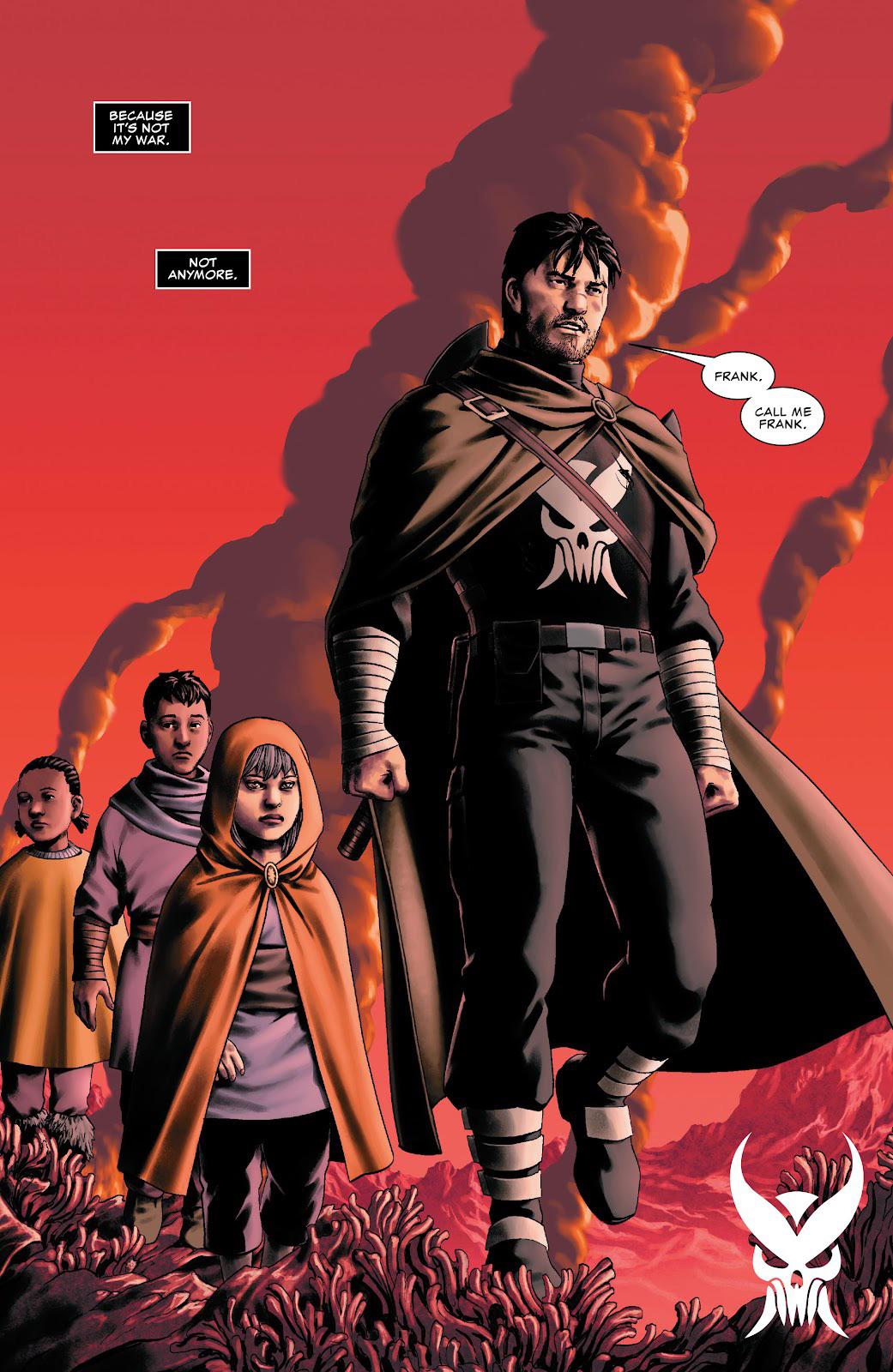DC stands for "Detective Comics," which is the publishing imprint of the comic book publisher DC Comics. The name originated from one of its early comic book series, "Detective Comics," which featured Batman.

Essential Guide to DC Comics: Exploring the Superheroes and More
DC Comics, widely recognized for its rich history and iconic characters, is a significant player in the world of graphic novels and comic books. Originally branded under "Detective Comics," the imprint has delivered compelling stories of superheroes like Batman, Superman, and Wonder Woman for decades. The legacy of this comics universe is not only limited to its characters but also extends to its storytelling techniques, artistic styles, and the vast mythos it creates around its various comic series. This article will dive into the multifaceted world of DC Comics, exploring its iconic heroes, vast universes, and impact on popular culture. From the classic adventures in Batman comics to the modern takes on characters in graphic novels, DC Comics continues to engage fans. Join us as we unravel the layers of DC lore and what makes this publishing giant a staple in the world of comic fans.
This exploration of DC Comics promises to uncover the pivotal moments, the evolution of its superheroes and villains, and the cultural implications of its narratives. Whether you're a long-time fan or a newcomer, there's always more to discover within the DC Universe.
Exploring Iconic DC Characters: Batman, Superman, and Beyond
Building on the foundation of its beloved comics characters, DC Comics has crafted a rich tapestry of superheroes and antiheroes. Batman stands out as a cultural icon, his dark narratives and moral complexities offering readers a glimpse into a hero defined by trauma and perseverance. Superman represents the epitome of hope and heroism, often depicted in Superman stories that explore themes of identity and belonging.
Batman: The Dark Knight
Batman’s journey through the gritty streets of Gotham City illustrates the psychological depth of comic book heroes. His nemeses, including the likes of the Joker and Harley Quinn, showcase how villains are often reflections of their hero counterparts. In various stories, such as "The Killing Joke," the line between heroism and villainy is intricately blurred, generating deep discussions about morality in the DC universe.
Superman: The Man of Steel
Contrasting Batman's darkness, Superman’s tales often highlight ideals of truth, justice, and the American way. His character development involves handling the duality of alien heritage and human ideals. Superman’s relationships with other Justice League members explore the dynamics of teamwork, leadership, and sacrifice.
Wonder Woman: The Amazonian Warrior
Wonder Woman breaks conventional gender norms, embodying strength and compassion. Her stories offer insight into feminist themes, often challenging the traditional portrayals of heroism. As part of the Justice League, her role extends beyond mere physical prowess, showcasing the importance of wisdom and diplomacy in leadership.
Understanding the DC Universe: Notable Teams and Events
Connected to the foundational characters, the DC Universe expands into a multitude of teams and significant crossover events, making it a complex landscape of storytelling. The Justice League, for instance, serves as a beacon of hope, uniting superheroes to combat existential threats, while the Justice Society represents a historical evolution in comic book lore.
Justice League: The Ultimate Team-Up
The formation of the Justice League brings together iconic figures like Flash, Aquaman, and Green Lantern, emphasizing how each hero’s unique abilities contribute to collective strength. This collaboration, celebrated in numerous animated series and comics, showcases powerful narratives grounded in teamwork and friendship.
Crossover Events: Expanding the Narrative
Events like "Crisis on Infinite Earths" and "Infinite Crisis" have become cornerstones for fans, interweaving multiple story arcs within the comics universe. These crossover moments allow exploration into the multiverse, introducing readers to alternate realities that challenge the status quo and reinvigorate classic storylines.
DC Supervillains: The Other Side of Heroism
No discussion of DC Comics would be complete without acknowledging its powerful array of villains. Characters such as Lex Luthor and Darkseid serve as foil to heroes, embodying themes such as power, obsession, and moral ambiguity. Their motivations provide depth to the overarching narratives, enhancing the complexity of the comic universe.
DC Comics in Popular Culture: From Page to Screen
The influence of DC Comics extends beyond comic book pages into film, television, and other media. With the success of the DC Extended Universe and various animated adaptations, the comics’ characters have found new life, reaching a wider audience worldwide.
Comic Book Adaptations: A Growing Trend
Comic adaptations of popular story arcs have become a significant facet of contemporary entertainment. Titles like "Batman: The Animated Series" guided a generation in understanding complex themes through animation, setting the benchmark for quality in superhero storytelling.
DC Universe Movies: Merging Genres
The cinematic universe has shaped how audiences perceive characters like Aquaman and Wonder Woman, presenting them with film adaptations that intertwine action, drama, and mythology. This ongoing evolution continues to raise questions about fidelity to comic book origins and character development.
Engagement with Fandom: Conventions and Communities
Fandom culture plays a vital role in the legacy of DC Comics. Comic-con events bring fans together, celebrating their shared passion while also providing a space for creators and fans to engage. These interactions have become crucial in maintaining the relevance of DC lore, allowing for discussions and explorations of possibilities within the comics.
As we can see, the world of DC Comics is far-reaching and deeply connected to various aspects of both literature and popular media. Each character represents more than just a story; they symbolize values, challenges, and the ongoing quest for heroism.
Its part of generated content. Can i generate another part?